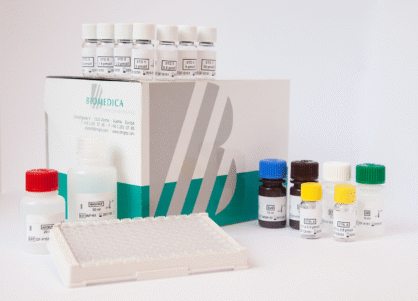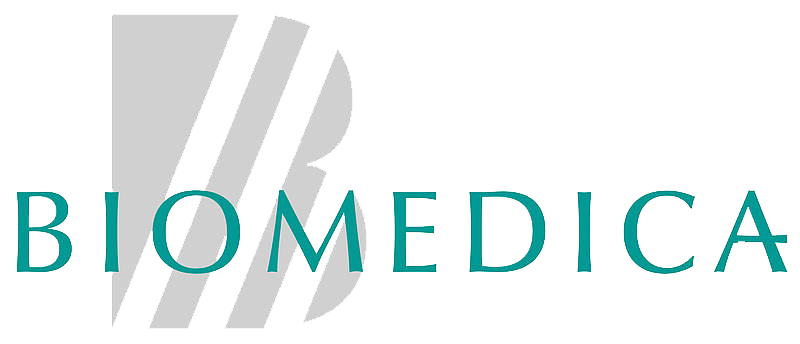TK 210 ELISA Kit
Thymidine kinase (TK) is a key enzyme involved in the salvage pathway of nucleotide metabolism, catalyzing the phosphorylation of thymidine to thymidine monophosphate, which is then incorporated into DNA during cell proliferation. In humans and animal models, TK exists in two main isoforms: TK1, which is cytosolic and cell-cycle dependent, and TK2, which is mitochondrial and constitutively expressed. Because TK1 activity increases during DNA synthesis in proliferating cells, it serves as a biomarker for cell proliferation, making it particularly relevant in cancer biology, regenerative medicine, and virology.
In research, thymidine kinase is used as a biomarker to study cell proliferation, tumor growth, and treatment responses. TK activity or TK1 protein levels are measured in serum, plasma, or tissue samples to evaluate the proliferative rate of cancer cells in preclinical and clinical models. Researchers also use TK assays to monitor the efficacy of antiproliferative therapies, including chemotherapy, radiotherapy, and targeted cancer treatments, as decreases in TK activity often correlate with reduced tumor cell proliferation. Additionally, TK can be employed in studies of viral replication and tissue regeneration, given its role in DNA synthesis.
Clinically, TK1 serves as a prognostic and diagnostic biomarker for various malignancies, including leukemia, lymphoma, breast cancer, and lung cancer. Elevated serum TK1 levels are often associated with increased tumor burden and poor prognosis, while monitoring TK1 over time can help assess treatment response and disease recurrence. Overall, thymidine kinase links fundamental research on cell proliferation with clinical oncology applications, providing a measurable indicator of DNA synthesis and cellular growth.
This TK 210 ELISA Kit is manufactured in Norway by Arocell.
| Size | |
| Sensitivity | 0.17 µg/L |
| Dynamic Range | 0-17 µg/L |
| Incubation Time | 4 hours 45 minutes |
| Sample Type | Serum |
| Storage | 2-8°C |
| Alternative Names | |




